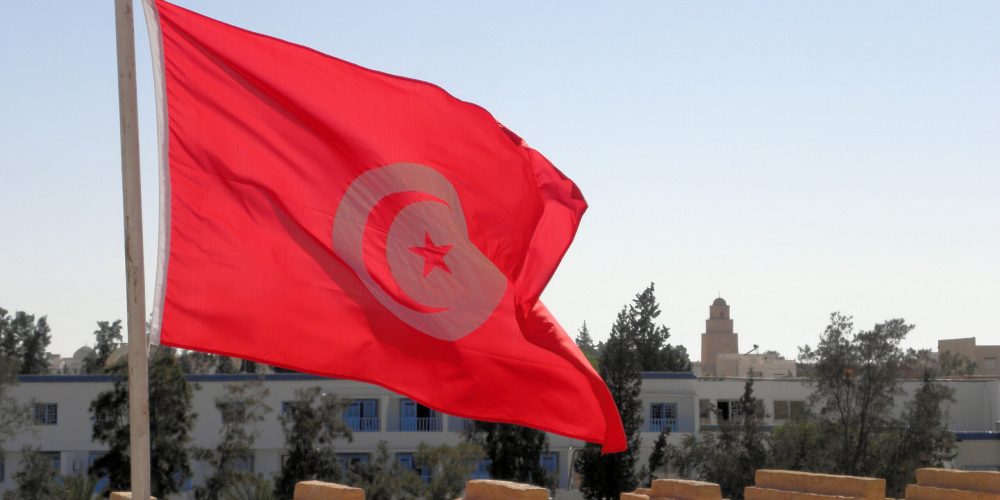[Keith Roper, 2010 : Flickr]
[Keith Roper, 2010 : Flickr]
The OIAD strongly condemns the threats to which some Tunisian lawyers are being subjected by the public authorities and expresses its indignation at the proceedings brought against them in conditions that clearly violate the fair trial rules laid down in the international treaties ratified by Tunisia.
The OIAD is outraged that the freedom of movement of certain lawyers can be infringed, thus depriving them of an essential right and the possibility of travelling for professional purposes.
The OIAD therefore expresses its solidarity with:
- Ridga Belhaj and Ghazi Chaouachi, arbitrarily detained;
- Presidents of the Bar Abderazek Kilani and Chawki Tabib, Bochra Belhaj, Dalila Msadek, Ayachi Hammami, Lazher Akrmi arbitrarily prosecuted for political reasons and banned from travelling.
The Observatory calls on the Tunisian authorities to comply with articles 9 and 14 of the 1966 International Covenant on Civil and Political Rights, which states that “Everyone has the right to liberty and security of person. No one shall be subjected to arbitrary arrest or detention. No one shall be deprived of his liberty except on such grounds and in accordance with such procedure as are established by law” and that « In the determination of any criminal charge against him, everyone shall be entitled to the following minimum guarantees, in full equality: (a) To be informed promptly and in detail in a language which he understands of the nature and cause of the charge against him; (b) To have adequate time and facilities for the preparation of his defence and to communicate with counsel of his own choosing;”.
The Observatory wishes to recall the United Nations Basic Principles on the Role of Lawyers, which state that:
“Governments shall ensure that lawyers (a) are able to perform all of their professional functions without intimidation, hindrance, harassment or improper interference; (…) ; and (c) shall not suffer, or be threatened with, prosecution or administrative, economic or other sanctions for any action taken in accordance with recognized professional duties, standards and ethics.” (Principle 16)
“Lawyers shall enjoy civil and penal immunity for relevant statements made in good faith in written or oral pleadings or in their professional appearances before a court, tribunal or other legal or administrative authority.” (Principle 20)



